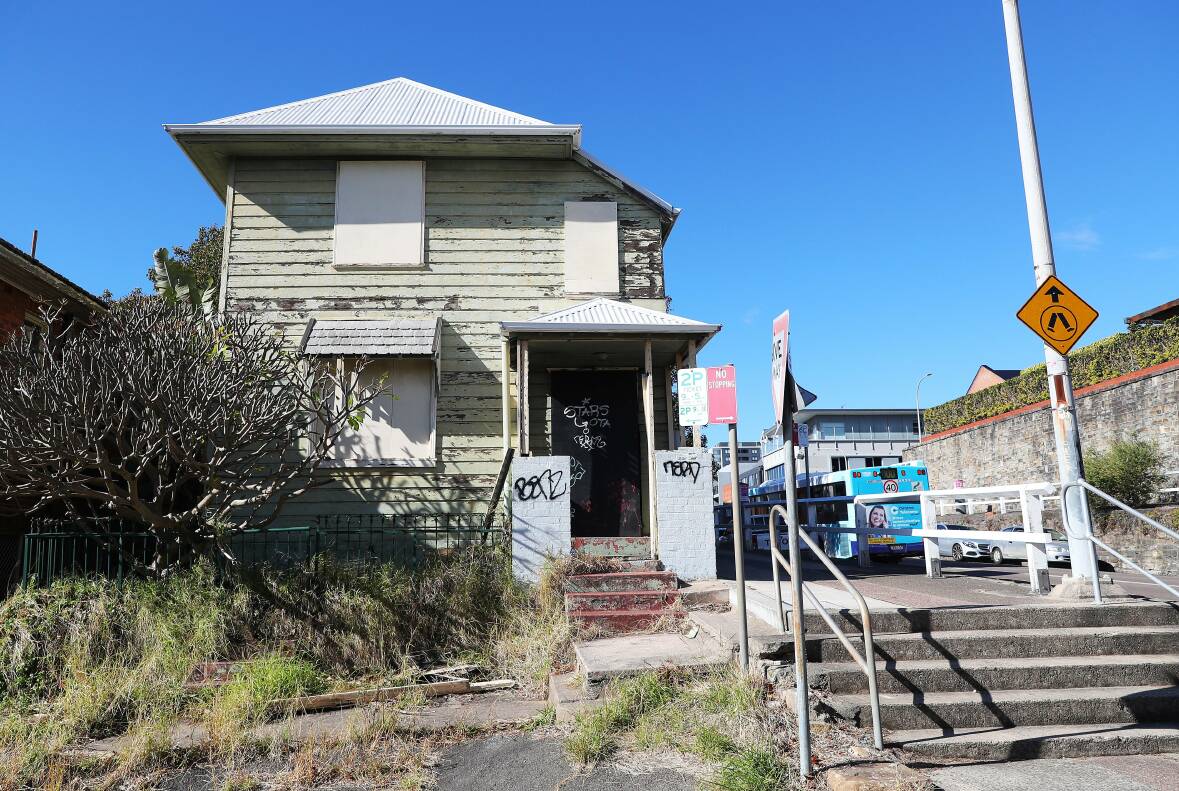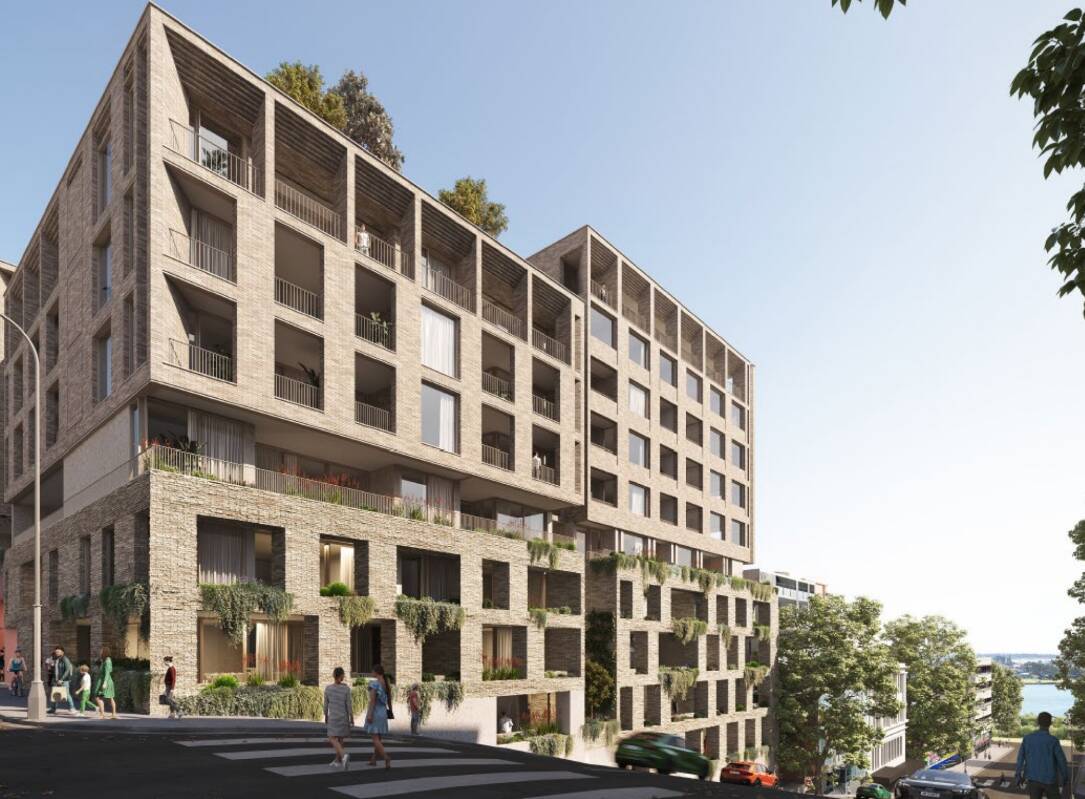
There is no rush to demolish a 19th century timber building at the centre of a dispute between developer Iris Capital, nearby land holders and heritage groups concerned about the company's planned EastEnd apartment complex.
As heritage architect Paul Davies noted in a letter to Heritage Minister Penny Sharpe in August, Iris does not have development consent to build anything on the site yet.
City of Newcastle and the Hunter Central Coast Regional Planning Panel are still assessing Iris' development application for apartment buildings on the block bounded by King, Newcomen and Hunter streets.
The council rushed to approve the demolition of unwanted buildings on the Iris land in April, apparently over concerns about vandalism and anti-social behaviour. Despite the fast-tracked approval, the demolition has taken eight months to get started.
The old timber building in question is not exactly a historic beauty, but its lack of aesthetic charm does not mean it is not a valuable part of Newcastle's heritage fabric.
The National Trust says it could be the oldest timber building in Newcastle with obvious links to one of NSW's most important heritage architects, Mortimer Lewis.
Mr Davies, who has been in the industry for 50 years, wrote in his letter to the minister that the council had erred in approving its demolition and more research was warranted.
An email from a Heritage NSW officer to a colleague in September shows there was enough doubt in her mind to warrant a deeper look at the building's heritage value.
It is not clear what happened in the two months between this email and Heritage NSW's formal refusal of a temporary protection order on the building.
Maybe the heritage officer's doubts were allayed by further internal discussion and research in the ensuing weeks.

Heritage NSW, responding to questions from the Newcastle Herald on Monday, said the email reflected initial discussions on the matter, though the email made it clear an assessment and briefing for the director already had been prepared.
An Iris-commissioned heritage report last year dismissed the building as of little value and dated it at least 30 years later than the National Trust did.
The conflicting heritage assessments and a wider controversy over Iris' revised plans for the EastEnd development warranted a six-month stay of execution for 74 King Street.
The debate over the building comes six years after DOMA Group was allowed to demolish an ostensibly more important heritage structure, the former Newcastle and Suburban Co-operative Society's "Store" building in Newcastle West, to make way for another large apartment complex.
The National Trust slammed that demolition, too, and it is worth noting that work still has not started on the "Store" apartments, although the city has a new bus interchange and multi-storey car park on the site.
Iris has won qualified praise for the architectural blending of old and new in the first two stages of the EastEnd redevelopment.
But Heritage NSW and the council still must ensure they do not rely too heavily on the opinions of consultants paid for by developers.
Mr Davies said the interim heritage order process existed to manage situations such as this: to ensure a sober look at heritage values when buildings were at imminent risk of being lost forever.
Erring on the side of caution would have done little harm to the developer and helped preserve public trust in the process.







